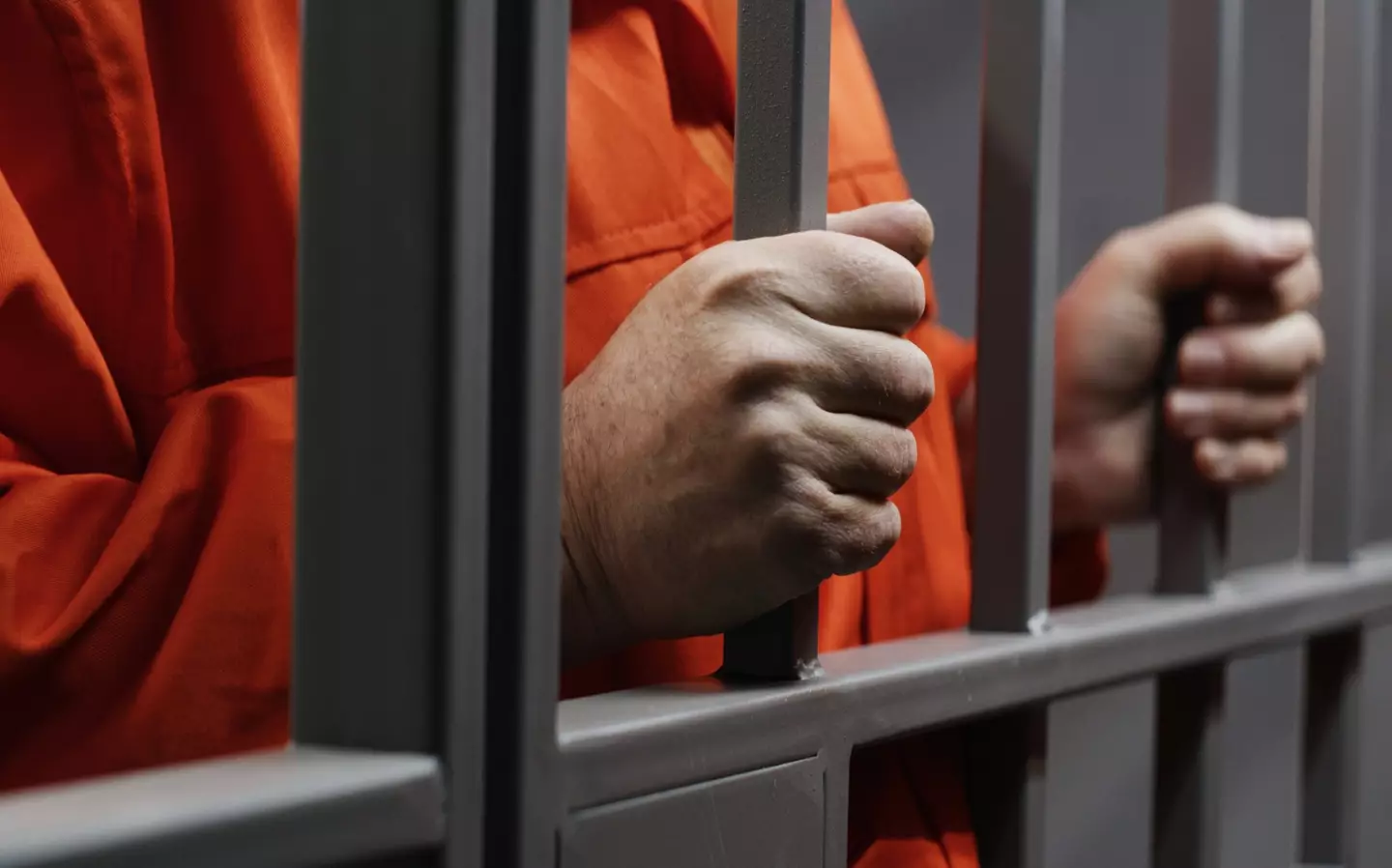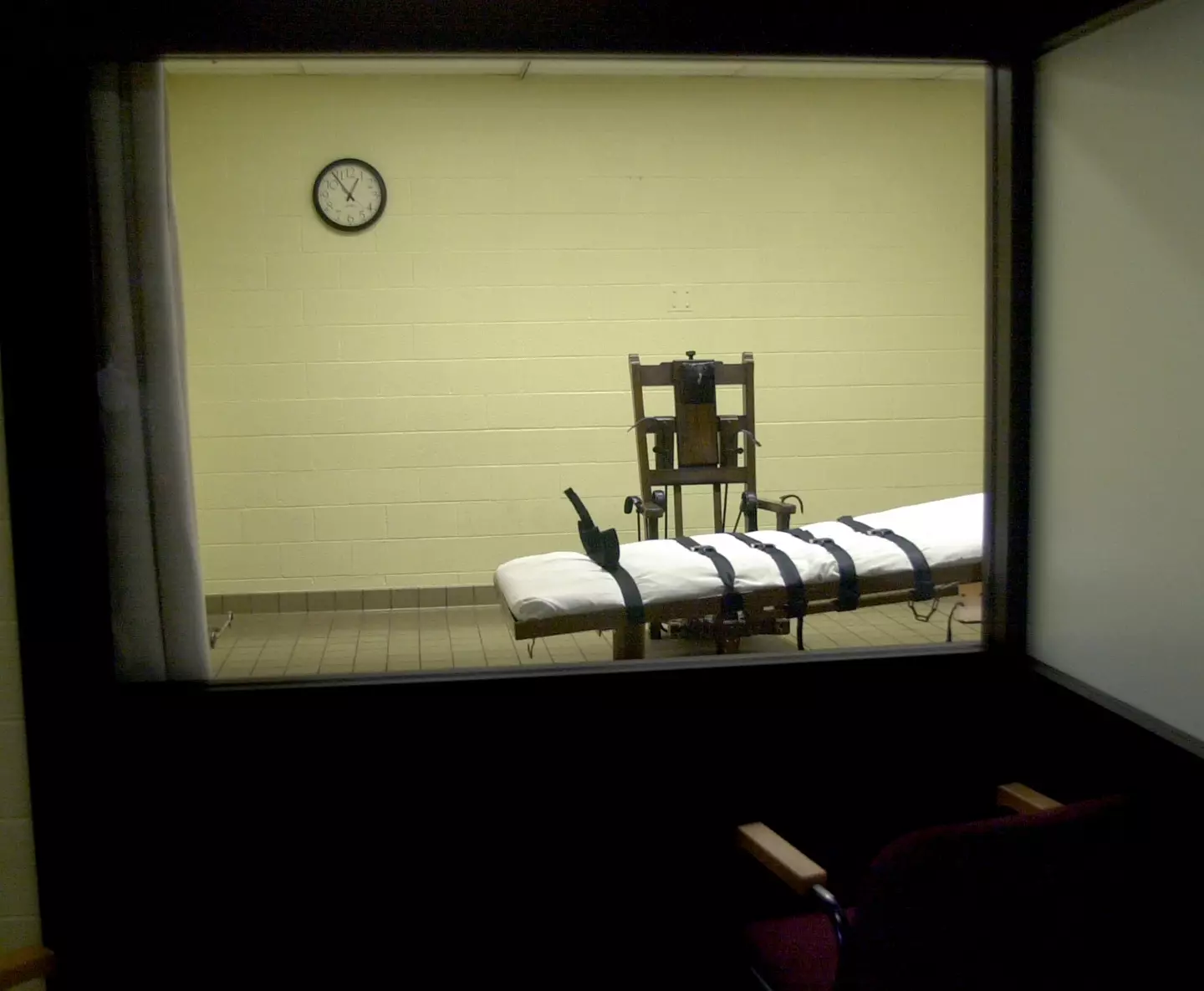
Execution methods in a US state might be about to get a hell of a lot more abhorrent, legal experts have warned.
Officials in Florida are set to essentially have free reign to put prisoners who were given the ultimate punishment to death however they see fit.
As it stands, inmates on death row in the Sunshine State are given the grisly choice between the electric chair and the lethal injection.
Before this, criminals were executed via hanging - but that all stopped in 1923. Now, more than 100 years later, the odious execution method could make a comeback.
Advert
A new bill - HB 903 - has just been passed in Florida which would give authorities the power to use a wider range of execution methods.
The only condition is that the technique is 'not deemed unconstitutional' - which opens the floodgates to a host of barbaric ideas being brought in, lawyers have said.
It puts chilling methods such as beheadings, hangings, death via nitrogen hypoxia and the firing squad back on the table.
On top of that, it means that new macabre methods that haven't yet been created or tested yet could soon become commonplace in Florida.

It is thought that officials might turn to savage strategies due to the increasing number of executions taking place and complaints about allegedly 'botched' procedures across the country.
Campaign groups have called out Florida governor Ron DeSantis after the bill was brought in, with Floridians for Alternatives to the Death Penalty (FADP) branding it a 'reckless' move.
"Governor DeSantis signed HB 903, a bill that recklessly expands Florida’s execution methods without providing clear guardrails, oversight, or transparency," the organisation said in a statement.
"It opens the door for the state to experiment with virtually any method not yet deemed unconstitutional - including beheading, hanging, nitrogen hypoxia, firing squads, and other untested or future methods."
There has already been 26 executions in the US so far this year - including that of Mikal Mahdi, 42, in South Carolina, who experienced 'prolonged suffering' in his final moments after his execution was supposedly bungled.
The killer chose to face the firing squad because he believed being 'burned and mutilated in the electric chair' or 'suffering a lingering death on the lethal injection gurney' would be worse.
However, the alleged mishaps which unfolded during Mahdi's execution have sparked concerns among legal whizzes after the controversial HB 903 bill got the green light in Florida.

It is feared that these kind of 'botched' incidents could become commonplace if officials in Florida decided to chose to use extremely controversial methods to deliver capital punishment.
Maria DeLiberato, a death row lawyer with nearly two decades of experience who runs FADP, explained why the bill has got such a bad reception from campaigners.
"In Florida, we have a long history of botched executions, including several electrocutions in which we quite literally set the prisoner’s head on fire," she said. "The broad and vague language of this statute is reckless.
"It invites costly litigation, drains public resources and imposes additional burdens on Florida's already strained justice system.
"Florida already has the broadest death penalty scheme in the nation, with the lowest threshold for imposing a death sentence and the most qualifying capital crimes.
"This law pushes us even further into dangerous and uncharted territory."
Other legal experts have voiced concerns that the introduction of wicked methods such as hangings and beheadings 'would not surprise them'.

Former death row lawyer Christopher Quarles added: "When it comes to the death penalty, Florida can become very reactionary. With the next execution, Florida will set a modern age record for the number executed in one year."
Edward J. Zakrzewski is set to be put to death later today (31 July) via lethal injection at Florida State Prison, over three decades after he horrifically murdered his wife and two children.
He will be the ninth person executed in Florida so far this year.
Another ex-death row lawyer, Clive Stafford Smith, alleged last month that drugs for executions were being sourced from the black market as pharmaceutical companies don’t want their products to be used.
He previously explained that the lethal injection was touted as a 'gentler form of execution' when it was first introduced in Florida in January 2000.
"I think a lot of us bought into that at the time, but then I had two of my clients who I watched die in front of me," he said. "It became pretty clear that things weren't going as people advertised."
Smith then went on to allege: "It’s totally true black market drugs are being used. The US states got so desperate to get the right drugs to kill people that they were going to China and India, and they're illegally trying to import them."
UK-based group Reprieve, which is made up of lawyers, investigators and campaigners who oppose the death penalty, also voiced similar concerns about how drugs for executions are sourced.